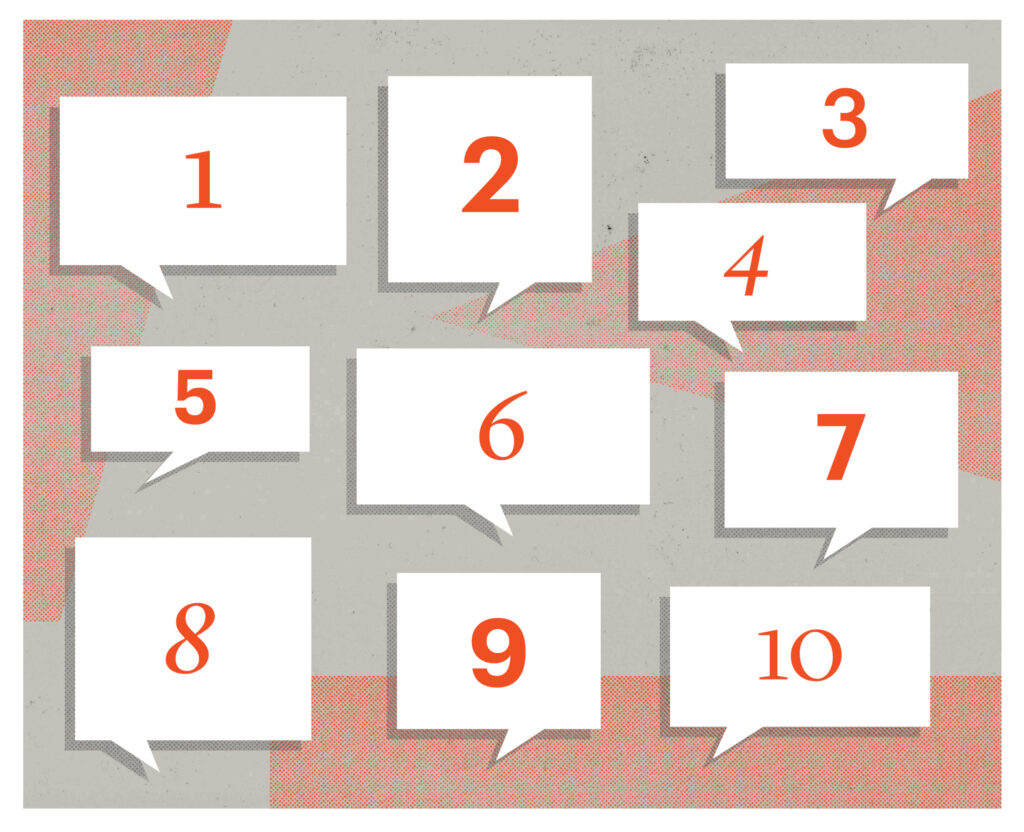American journalists have much to learn from colleagues in countries where democracy has been under siege.
The United States is not an autocracy. But the election of Donald Trump to a second term in the White House, where he plans to unleash an assault on journalistic freedom rhetorically and legally, is an occasion to look at the rest of the world, at reporters working under regimes where the press is under constant threat. The lessons of Lina Attalah, Carlos Dada, M. Gessen, Elena Kostyuchenko, Vinod K. Jose, Maria Ressa, and the journalists who documented Philippine president Rodrigo Duterte’s war on drugs illustrate how to hold power to account—and survive.
1) Do not normalize. When the autocrat’s speech and behavior are outside the norm and are unacceptable, say so.
2) Do not demonize the autocrat’s supporters. Listen instead to what they are really saying. Understand where they are coming from before you judge. Telling them they are stupid or misinformed will not help. No one wants to be told they’re being conned or manipulated. Instead, interrogate their real or imagined grievance, their wounded pride, their perceived loss of privilege and status, and the news deserts and information bubbles they inhabit.
3) Refuse to amplify antidemocratic voices. We know that hate and rage go viral. Resist the temptation.
4) Do not underestimate the power of exposure. Change does not happen overnight. You will never know where the tipping point will be. Remember that autocrats have a limited shelf life. When they fall, we are often surprised how brittle they had been. Take comfort in the fact that of forty populist governments between 1985 and 2020, only seven led to authoritarian rule, mostly because of weak institutions. This makes reporting on the erosion of democratic institutions especially urgent.
5) Document for the sake of accountability. Autocracy and kleptocracy are linked, so keep an eye on the public trough. Report the truth now—and leave a trail for the next generation of journalists to follow. If justice is not currently possible, it may be later.
6) Do not look away from atrocity. Resist the urge to avert your eyes, especially if you are told these abuses are being committed in your name. Do not fall for the promise that these horrors will guarantee your people’s safety and security.Sign up for CJR’s daily email
7) Give voice to those suffering under autocracy. Show you hear and see them. If you recognize their humanity, maybe others will, too.
8) Report on the defenders of democracy. They need to know they are not alone.
9) Give hope. Write stories of kindness, solidarity, and empathy. Write exposés. The sight of a journalist standing up to power, asking tough questions, and asserting independence and the public’s right to know inspires others.
10) Take care of yourself and others. Build community. Stay safe. Find allies. Keep the faith.










